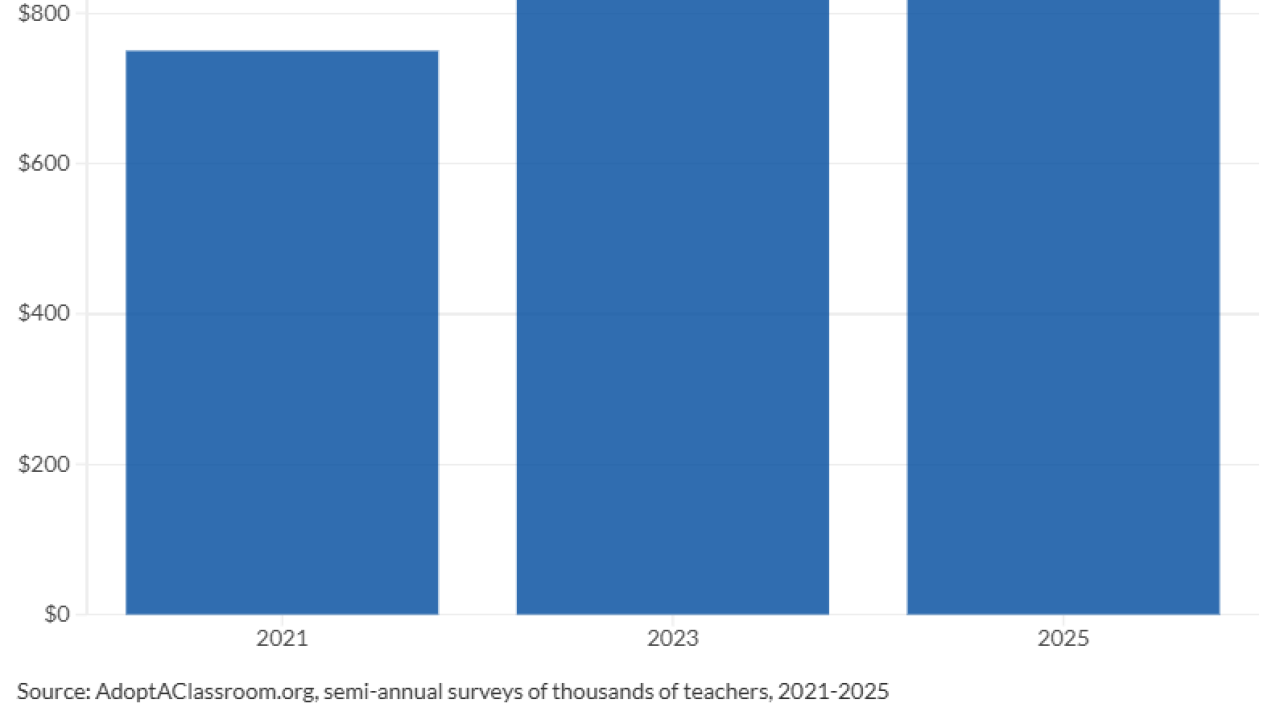TREASURY, IRS UPDATE ANNUITIES RULES: The Treasury Department and the Internal Revenue Service issued proposed regulations addressing the tax treatment of an exchange of property for an annuity contract.The proposed regulations would apply the same rule to exchanges for both private annuities and commercial annuities, tightening a popular tax-deferral strategy.
A decades-old IRS ruling generally postpones tax on the exchange of appreciated property for a private annuity, which is inconsistent with the same tax treatment of exchanges for commercial annuities or other kinds of property. It was originally based on the assumption that the value of a private annuity contract could not be determined for federal income tax purposes - an assumption that is no longer correct.
The guidance issued in late October proposes declaring such a ruling obsolete - essentially ending the capital-gains tax deferral for such deals, and instead taxing a seller on the full, fair-market value of the annuity up front. The new regulations would only affect new annuity transactions, and do not affect charitable gift annuities. Certain deals that the IRS and Treasury feel have a lesser likelihood of abuse have a later effective date. (For more, see "Tax Strategies" at right.)
IRS FORMALIZES APPEALS ARBITRATION PROCESS: The Internal Revenue Service announced that the appeals arbitration process is no longer a pilot program, but part of business as usual at the agency.
In arbitration, the IRS and the taxpayer agree to have a third party make a decision about a factual issue that will be binding on both of them. In 2004, the pilot program for cases in appeals in which a taxpayer and the IRS could jointly request binding arbitration on certain unresolved factual issues was established. When a limited number of factual issues remain unresolved during the course of an appeal, the taxpayer or the IRS can request arbitration and jointly select an appeals or a non-IRS arbitrator from any local or national organization that provides a roster of neutrals.
The permanent arbitration procedure may be used to resolve issues while a case is in appeals, after settlement discussions are unsuccessful and when all other issues are resolved except specific factual issues for which arbitration is being requested.
Arbitration will not be available for all issues - some examples include legal issues, issues already in any court, issues in a taxpayer's case designated for litigation, collection cases with certain exceptions, and frivolous issues.
STUDY FINDS OUTSOURCING REDUCES PAYROLL TAX PENALTIES: Reduced payroll tax penalties are only one of the benefits for companies that outsource payroll processes or payroll tax filing, according to the 2006 Empagio Executive Study on Payroll and Tax Filing, a national survey of financial and human resources executives.
Among respondents whose companies outsource their payroll, nearly three quarters (72 percent) reported that outsourcing has reduced the dollar value of payroll tax penalties, while 69 percent reported that outsourcing has reduced the number of penalties.
More than half (56 percent) of executives indicated that their companies outsource at least one payroll or payroll tax filing service. While 72 percent of executives whose companies outsource reported that outsourcing has reduced the dollar amount of tax penalties, another 27 percent said that the dollar amount remains unchanged.
More than 200 executives participated in this study, which was conducted online in September 2006. Atlanta-based Empagio provides human resources outsourcing.
According to the majority of executives whose companies outsource, the main reasons for outsourcing are efficiency (68 percent), saving time (47 percent) and saving money (31 percent).
Of the 74 percent of executives who said that they had some concerns over outsourcing, 43 percent said that lack of responsiveness is their top concern, followed by:
* Lack of customer service (35 percent);
* Non-compliant reporting (18 percent);
* Poor quality or ineffective technology or products (18 percent); and,
* Concern that returns will not be completed on time (18 percent).
The report can be downloaded at www.empagio.com/survey.





